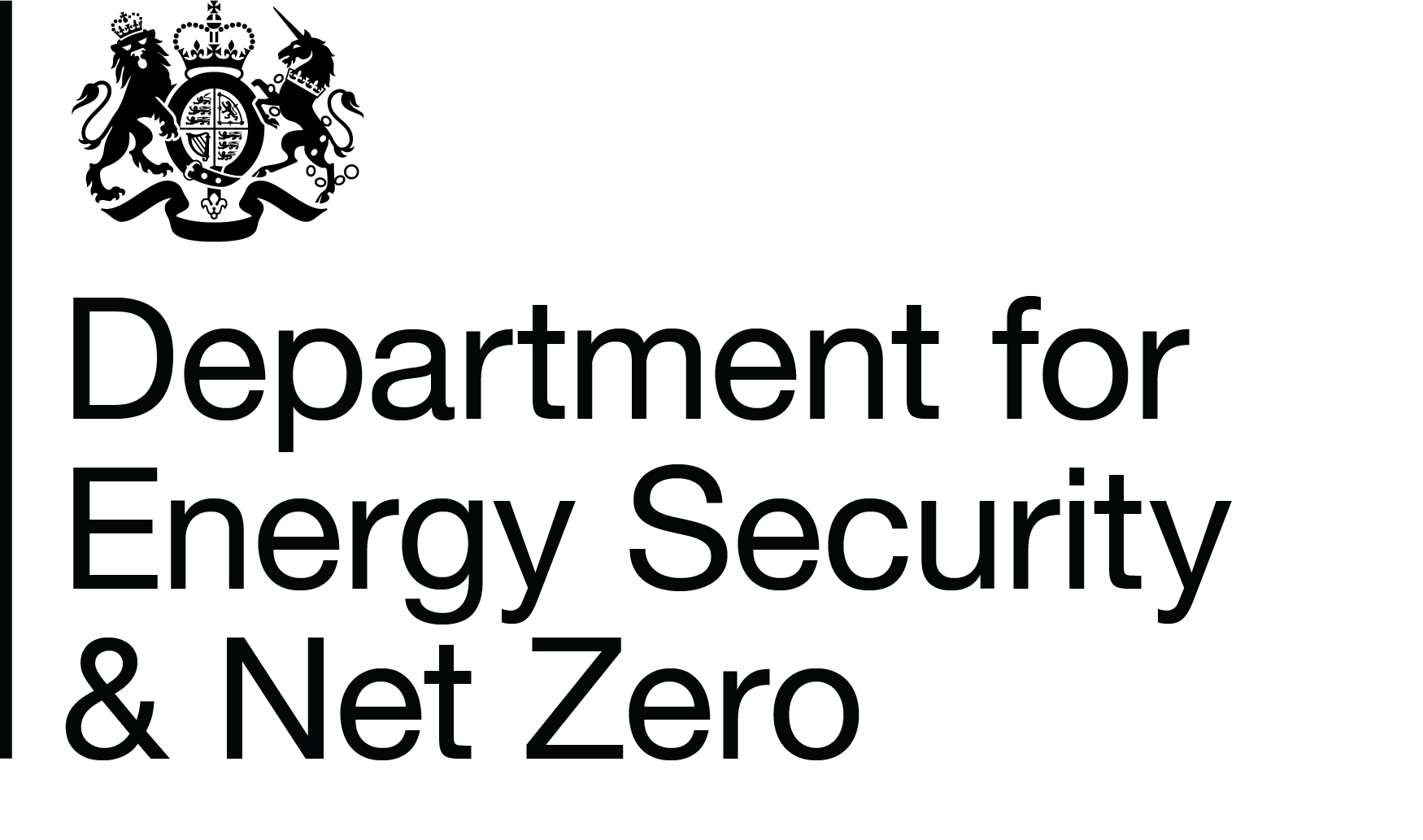Small Business Commissioner consultation
Overview
Small businesses are not always sure where to turn to help them sort out disputes with other businesses. There are existing dispute resolution bodies which provide valuable services. But for general contractual issues, including where smaller businesses feel that other businesses treat them unfairly, the Government is concerned that not enough small businesses are able to settle their problems with larger corporations sufficiently quickly and inexpensively while maintaining their business relationships.
We know that some small firms suffer because of an imbalance in bargaining power when dealing with larger businesses. They may feel unable to challenge contract terms proposed by larger businesses for fear of damaging their commercial relationship. They may not have the time, money nor expertise to make a legal challenge where they believe practices are against the law. These issues can put them under additional pressure, limiting their opportunity for growth, and in some circumstances, putting their business at risk.
Why your views matter
The Government is determined to see small businesses thrive and grow, to help support our economy, both locally and nationally. We are proposing to establish a service to complement existing provisions and lead a culture change in how businesses resolve – and ultimately avoid - commercial disputes. We have used a number of international models to inform our thinking about how to create an effective solution for businesses here, including the Victorian Small Business Commissioner (VSBC) in Australia.
The new Small Business Commissioner would handle disputes – including about late payment – between small businesses and other larger businesses with which they have a contractual relationship. These disputes may relate to pre-contractual negotiations as well as terms of the contract and new arrangements proposed once a contract is in place; for instance, if a firm feels it is being harmed by the other party’s unfair behaviour.
This fulfils the Government’s manifesto commitment to establish a Small Business Conciliation Service. We have decided to give this new service the working title of “Small Business Commissioner” to reflect its proposed remit.This Discussion Paper sets out the Government’s current understanding of the problems that small businesses face and our thinking about possible solutions. We’re asking for views and further evidence about the problems and how the proposed Commissioner can help.
We propose that the Commissioner’s services will enable smaller firms to resolve disputes with other businesses and, in some circumstances, public bodies quickly and easily, preserving important commercial relationships and without the need to go to Court. Its key functions will be:
- Providing information, general advice and signposting
- Offering mediation to resolve disputes
- Dealing with complaints
We have also published an accompanying analytical survey that you may also want to complete.
What happens next
he Government wants the UK to be the best place to start and grow a business. Small businesses are the lifeblood of our economy, both nationally and locally; but we want to hear what businesses of all sizes feel about the issues and solutions set out here.
Once it’s up and running, we want the Commissioner to act as a strong disincentive to poor practices. This Discussion Paper sets out the Government’s current understanding of the problems that small businesses face and our thinking about possible solutions. Have we got it right? Could we improve our proposals? We’re asking for views and further evidence about the problems and how the proposed Commissioner can help.
This document reflects Government’s current thinking about the Commissioner and the functions it could offer. Our final proposals and details will depend on any further evidence and factors including cost implications, as well as views received in response to this paper.
Audiences
- Medium business (50 to 250 staff)
- Micro business (up to 9 staff)
- Small business (10 to 49 staff)
- SMEs (small and medium businesses)
- Trade bodies
Interests
- Business investment
- Economic growth
- Innovation
- R&D
- Regulation and red tape
- Starting a business

Share
Share on Twitter Share on Facebook